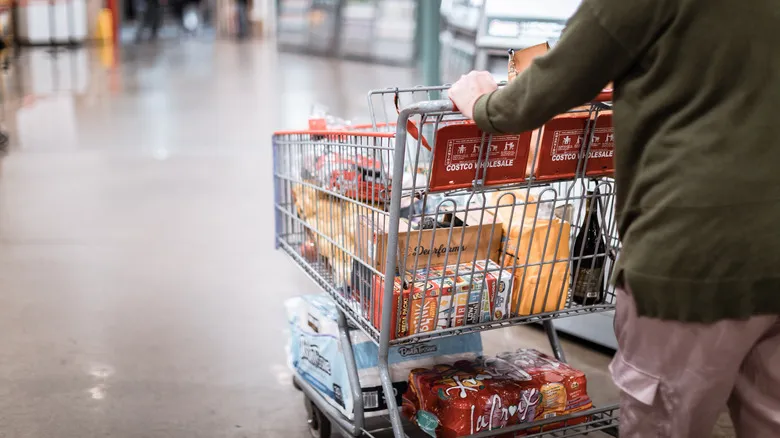The history of Costco's in-house brands
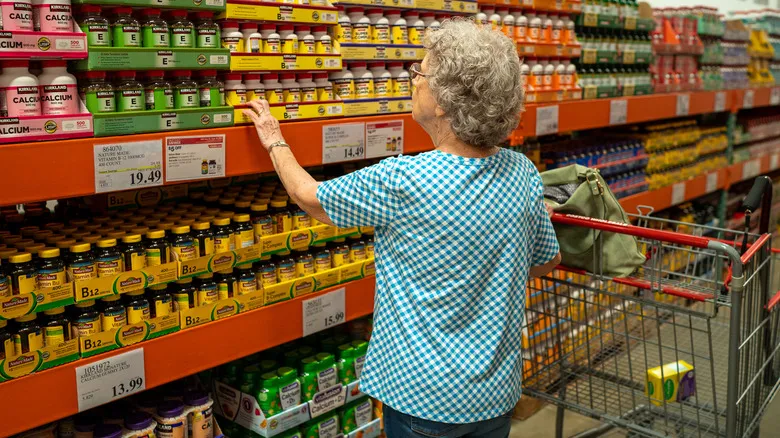
The inaugural Costco store opened in Seattle in 1983. During its first ten years, the company marketed its private label products under various in-house brand names, depending on the type of product. Do you recall Chelsea toilet paper or Ballantrae wine? Likely not, but the fact that Costco's earlier in-house brands didn't endure doesn't imply that this business model is flawed. In reality, a similar approach is currently employed by companies like Target, which boasts over 45 distinct in-house brands, each catering to a specific niche such as furniture, children's clothing, and cookware.
The concept of unifying all of Costco's in-house products under a single private label brand originated from co-founder and former CEO Jim Sinegal. This idea was inspired by a 1991 Forbes magazine article that highlighted the increasing profitability of private label brands. At that time, name brand prices were soaring, and Sinegal believed that the demand for private label goods, with their more affordable price points, would continue to rise. However, if Costco persisted with its previous model, expanding its range of private label products would necessitate the creation of new in-house brands for each product category, along with the legal complexities of trademarking all those new names.
The rise of Kirkland
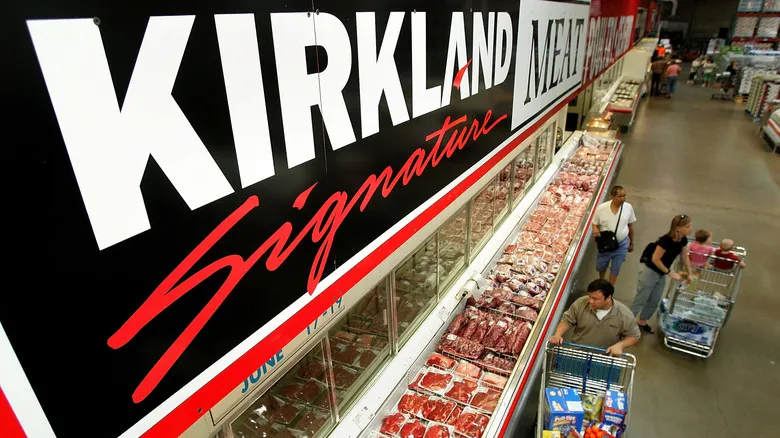
In 1995, Costco transitioned from its previous model of multiple in-house brands to its current approach, where all private-label products are branded under the Kirkland Signature label. Founder Jim Sinegal initially intended to name the brand "Seattle Signature," but the company was unable to obtain a trademark for that name, validating Sinegal's concerns about potential legal issues. The name Kirkland was chosen as a tribute to the Seattle suburb where the company's headquarters were located at the time. Although Costco has since relocated its headquarters to Issaquah, it has retained the Kirkland label, which has now gained global recognition.
Most of the products sold under the Kirkland label are not actually produced by Costco itself. Instead, they are sourced from well-known companies that partner with the retail giant. For instance, Kirkland canned tuna is manufactured by Bumble Bee, and brands like Duracell, Starbucks, and Ocean Spray have all been linked to Kirkland products. According to NBC, the Kirkland line now includes over 500 items, spanning categories from groceries to clothing to personal care products and more. As long as name-brand products continue to be significantly more expensive (with the exception of dollar stores), Kirkland appears well-positioned for ongoing growth.
Recommended
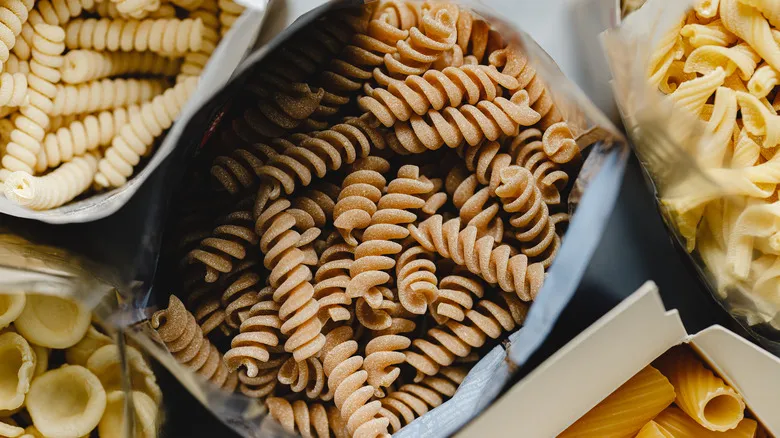
This Boxed Pasta Is Costco's Most Popular Item On Social Media
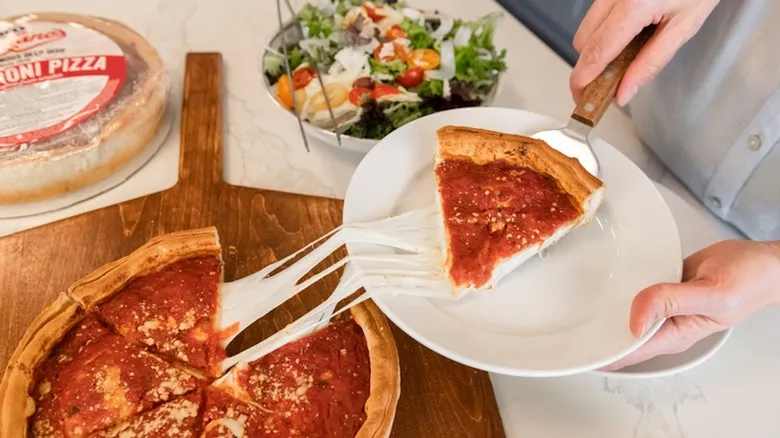
The Beloved Restaurant Behind Costco's $90 Frozen Pizza Trio
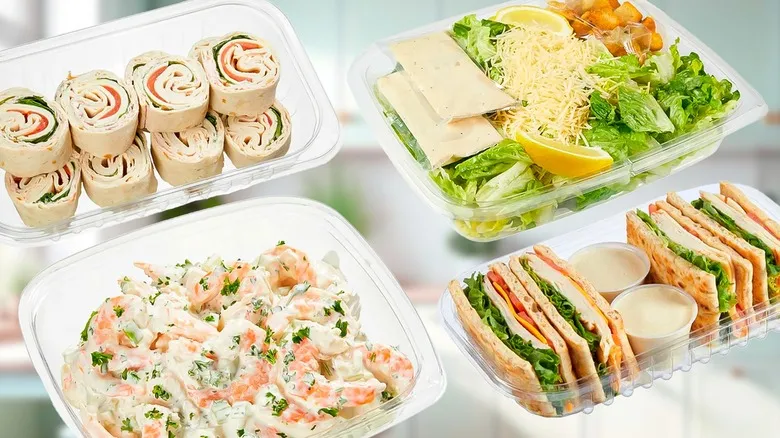
Costco Food Platters, Ranked From Worst To Best
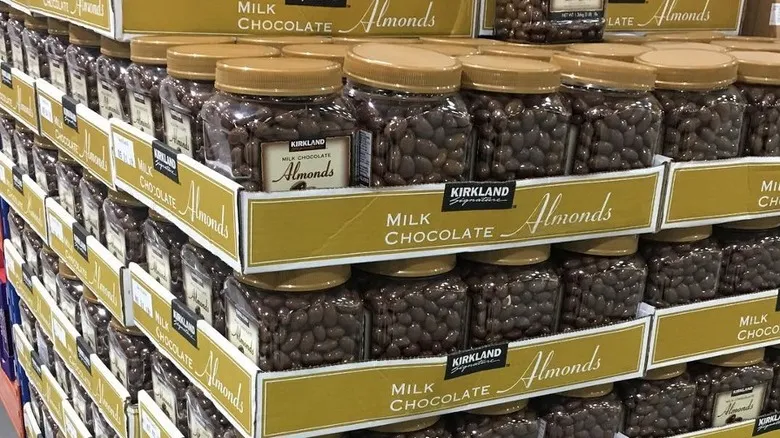
There's A Massive Brand Behind Costco's Chocolate-Covered Almonds
Next up

